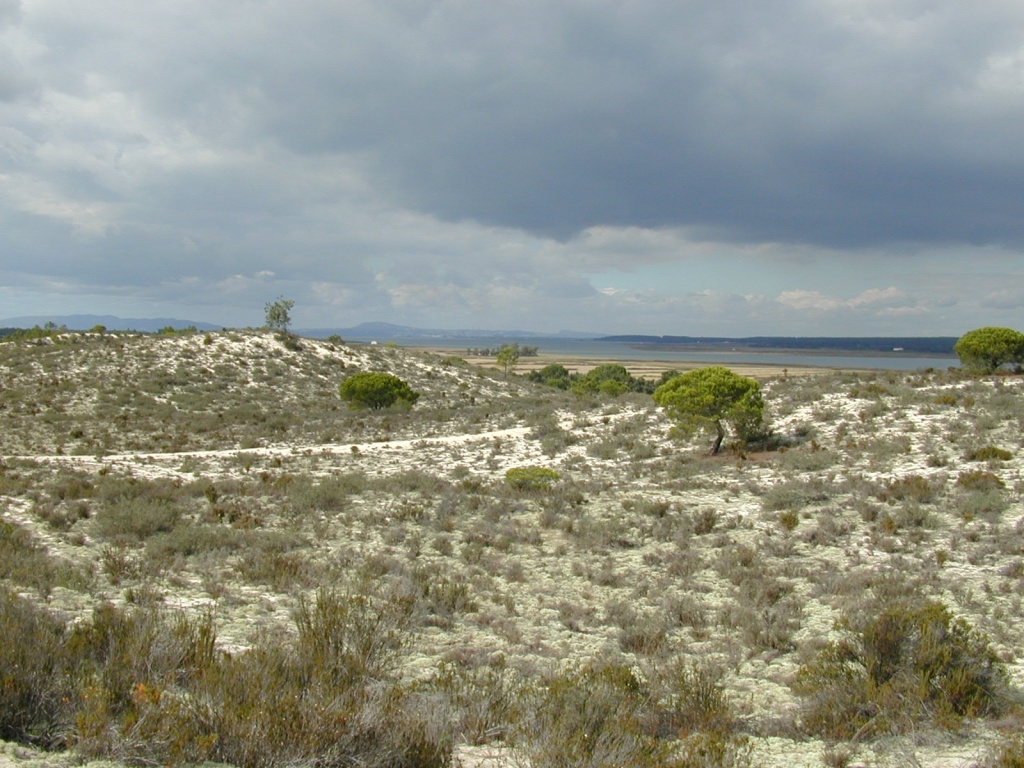Summary:
The origin and nature of ecological communities is a key question in ecology. A large amount of evidence leads to the current paradigm of communities being a random assortment of the species present in the regional pool, rather than fully coherent entities. This has resulted in the recent claim for the ‘disintegration’ of the concept of ecological community. If local communities were a mere aggregate of co-occurring species, their diversity and structure would be determined by their regional species pool (i.e., all the species that could be able to colonize the locality) rather than by deterministic processes dependent on the ecological interactions among species. However, species do interact locally, and their presence, abundance and role in the ecosystem depend at least in part of these interactions. Thus, identifying how much of local assembly processes relies on either unconstrained colonization from the regional pool or local processes (e.g. interactions among the species, area limitations) is key to understand what determines the structure and functioning of communities.
COMDUNES aims to evaluate whether local communities growing on an extreme environment follow a coherent ecological succession throughout a large geographical extent or are driven by the individualistic responses of the species present in the pool of each locality, providing support for local processes or regional constrains as the main driver of community assembly. To do this, we will evaluate the geographical coherence of two ecological successions recently identified at a restricted area at the Setúbal Peninsula-Alentejo littoral region. Local plant communities growing at inland dune habitats of this area follow a clear succession between Ulex australis and Stauracanthus genistoides-dominates shrublands related with soil organic content; another succession leads to communities dominated by Juniperus navicularis in progressively arid areas. We will conduct an extensive survey to evaluate whether these successions occur coherently throughout the SW Iberian Peninsula, or community assembly is mainly driven by the environmental suitability of the locality for each species. This process will involve both community analyses describing community structure and species distribution models doing so for the potential distribution of the most relevant species.
The final product will be a formal test of the importance of ecological succession and individual species responses for the assembly of local communities, as well as a characterization of the ecology of the plant communities of inland sand dune habitats of South-Western Portugal.
Funding Institution:
Science and Technology Foundation (FCT-EXPL/BIA-BIC/2311/2013).
Partners:
Marine Science Center (CCMar/CIMAR).

